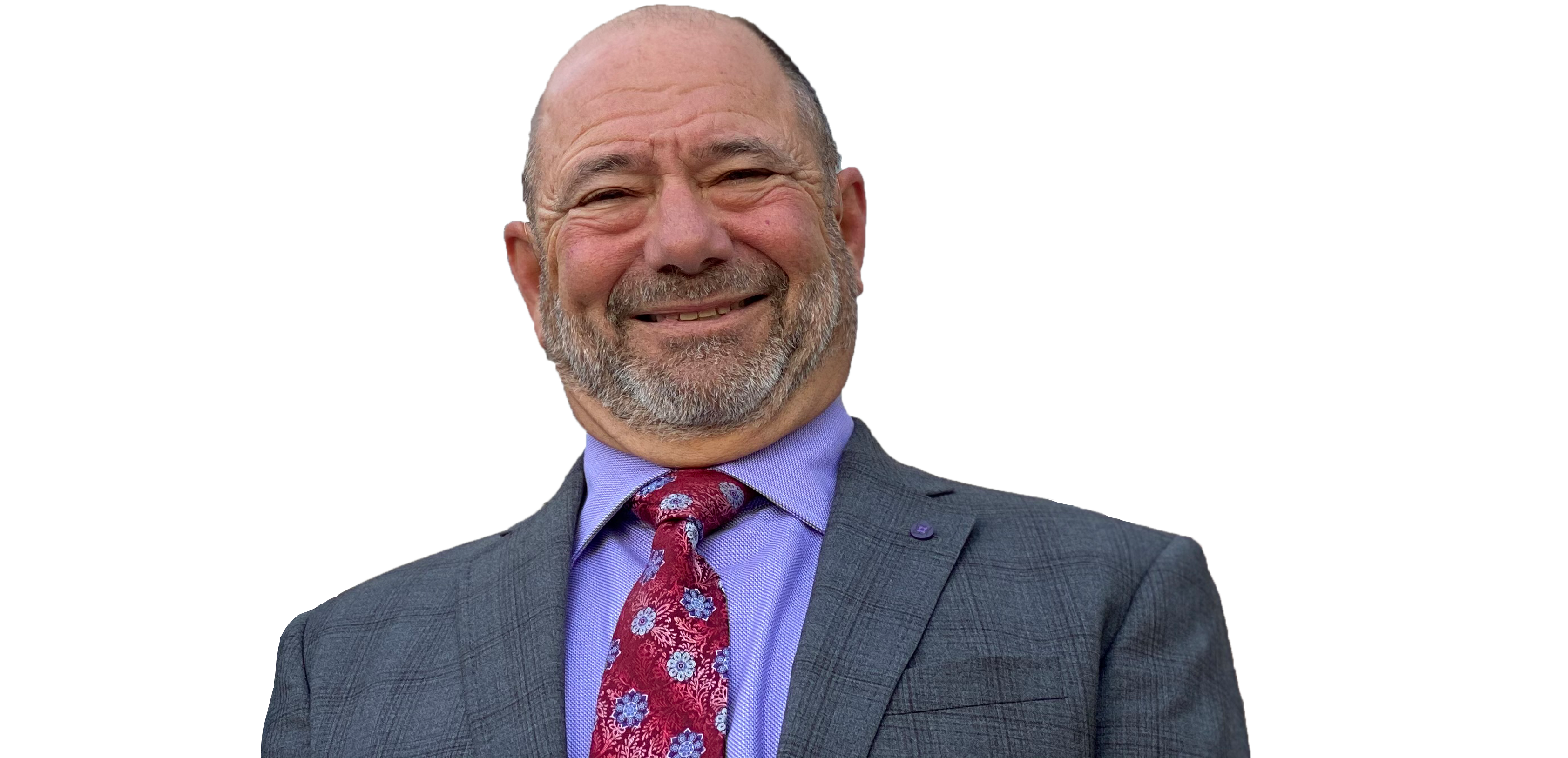When you are facing criminal charges, the stress can be overwhelming. Your future is at stake. You deserve to have someone in your corner who understands how important it is to secure the best possible outcome.
I am a criminal defense attorney David S. Kestenbaum. I am a former Van Nuys prosecutor who tried cases between 1985 and 1992. I know how prosecutors approach cases and what it takes to be able to secure the best possible outcomes for my clients. My record of success in defending my clients has led to me being recognized by my peers in the legal community. I am AV Preeminent peer-review rated* through Martindale-Hubbell and have been selected for inclusion on the California Super Lawyers list every year since 2014.
I offer a strong defense against a wide range of felony and misdemeanor criminal charges, including:
To Schedule A Free

When your future is on the line because of criminal charges, turn to Kestenbaum Law Group. To schedule a free initial consultation, call 818-616-4312, or contact me online.
*AV®, AV Preeminent®, Martindale-Hubbell Distinguished and Martindale-Hubbell Notable are certification marks used under license in accordance with the Martindale-Hubbell certification procedures, standards and policies. Martindale-Hubbell® is the facilitator of a peer-review rating process. Ratings reflect the anonymous opinions of members of the bar and the judiciary. Martindale-Hubbell® Peer Review Ratings™ fall into two categories - legal ability and general ethical standards.